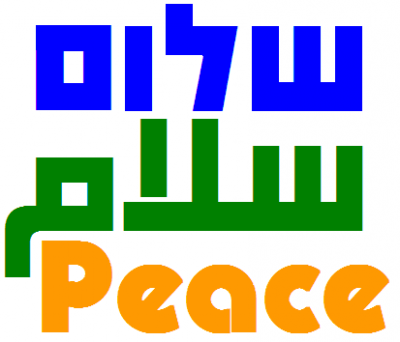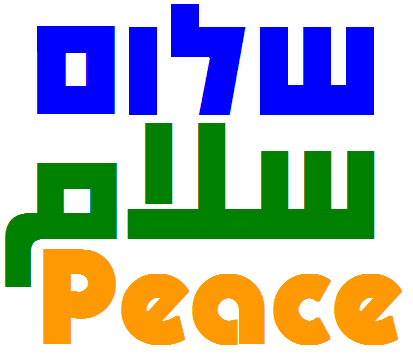
The Israeli-Palestinian conflict is one of the most divisive issues in modern politics. For years, the world—as much as Israeli and Palestinian leadership—has been trying to reconcile their differences, and, though there has been some progress, sadly, a full peace has yet to be achieved. To tell you the truth, there are times when this conflict seems as if it will go on forever, as if peace will never become a reality. I feel that our generation can change that, that we can break away from the burdens of the past to forge a new mentality, one leading to co-existence in a volatile region that could spread across the world. But before this mentality can reach the Middle East, it must first start at home. That is why I call on you, my fellow young adults, to help me spread a message of peace, love, and co-existence across college campuses throughout the United States and all over the world.
Young people have long been on the front-lines of demanding change across the world. From the Middle East to Asia, Africa to Europe, recent movements have sprung up by young adults demanding change in some aspect of their lives. We, too, can begin a similar movement, one rooted in Martin Luther King, Jr.’s belief that, “Darkness cannot drive out darkness; only light can do that. Hate cannot drive out hate; only love can do that.”
Walking across certain campuses, you can sense the tension between pro-Israel and pro-Palestinian groups. These tensions sometimes result in intimidation of fellow students, often leaving them to feel unwelcome on campus. Worst of all, they have caused a divide among the student body. But it doesn’t have to be that way.
I am pro-Israel. I am pro-Palestinian. And I am pro-peace. During my senior year of high school, I attempted to begin an intercultural club with Jewish, Muslim, and Christian students that would teach tolerance and encourage dialogue. Sadly, there weren’t enough people willing to join and the club never took off. In college, I hoped to help bury hostilities between pro-Israel and pro-Palestine groups, which is why, last December, I worked with my campus Hillel to set up a debate, or ”mock peace talk,” with Students for Justice in Palestine. Instead of reciprocating our goodwill, sitting down with us and working things out, S.J.P. sent out an email to club members announcing that they will host a speaker who will explain to them why ”SJP refuses to cooperate with Zionist groups, like Hillel.” This absolute rejection of our offer demoralized me completely and taught me just how bad the situation truly is.
That experience is also what pushed me to write this letter. I realized I can’t do this alone, that I will need help gathering support behind my cause of reconciliation and peace. All clubs on campus must understand that rejecting ”peace talks” neither works nor makes sense because peace goes hand-in-hand with working together with those with whom you disagree towards the same goal. It can only come through “peace talks,” or other joint events advocating reconciliation. How about having “Peace Week” instead of “Apartheid Week”? Or, how about even just hosting a panel with debaters from all sides of the issue?
If we can’t work together on college campuses, how can we expect to advance peace to the Middle East itself? It is time for the animosity on campus to stop, for the intimidation to cease, and most of all, for us all to unite. Think about the amazing campus environment that this could contribute to; think of the positive domino-effect that could result. We can’t fix the Middle East without first fixing issues here, at home.
Do you have any suggestions for how to get students on both sides of the divide to work together for peace? Please leave a comment and let’s stand up, speak up, and work towards peace, together.
Tomer Kornfeld is a student at the John Jay College of Criminal Justice.

